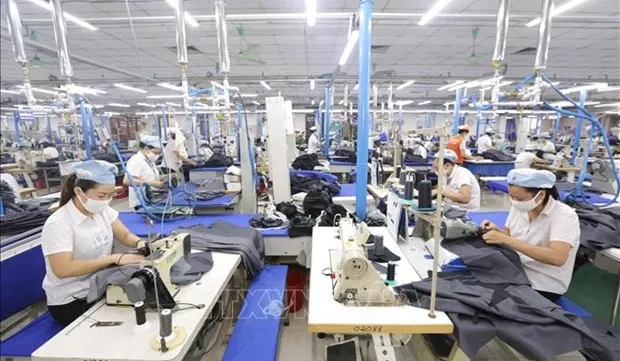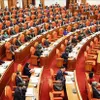Vietnam attractive to European firms: seminar

Speaking at the event, Chairman of the Board of Directors of Phuc Sinh Group Phan Minh Thong said the EVFTA, which took effect three years ago, has created numerous opportunities. Accordingly, non-EU companies investing in Vietnam could take advantage of the reduced tariffs when exporting from Vietnam to Europe.
Many coffee factories have been established by not only European investors but also those from Singapore, the US, and other Asian nations like India. These investments aim to produce "Made in Vietnam" products for export to Europe and benefit significantly from the reduced tariffs provided by the agreement, he said.
Ngo Chung Khanh, deputy head of the Multilateral Trade Policy Department at the Ministry of Industry and Trade (MoIT), highlighted the importance of connecting Vietnamese firms with foreign partners - a significant task outlined in the Government's plan to carry out new-generation FTAs. This task is also reflected in the plans of various ministries, sector and localities.
He said on October 12, the MoIT will chair a conference involving leaders of the departments of industry and trade nationwide to review connections between domestic enterprises and foreign partners and EU businesses in particular. This will enable localities to learn from each other's experience and best practices.
According to him, leveraging European resources, raw materials, and technology to produce higher-quality goods and joining more deeply in the global supply chain is a significant expectation of the Vietnamese firms as the EVFTA enters a new phase of implementation. Achieving this requires collaboration from the State management agencies, industry associations, and especially appropriate support mechanisms, policies, and activities.
Khanh said businesses need to take a more proactive role in improving their competitiveness, actively seeking partners and seizing opportunities to cooperate with the European firms. By doing so, they could make more effective use of the opportunities presented by the EVFTA.





